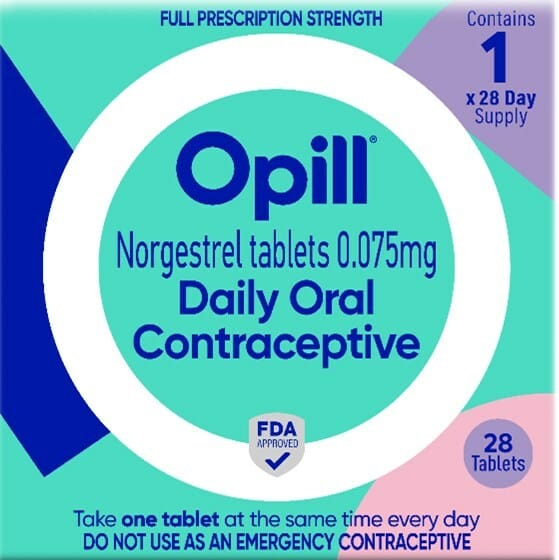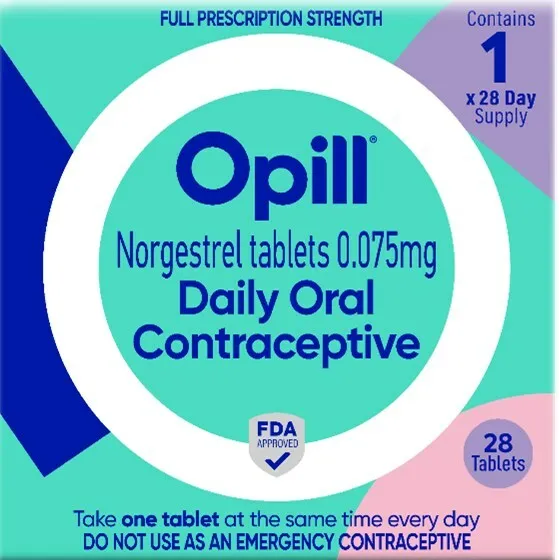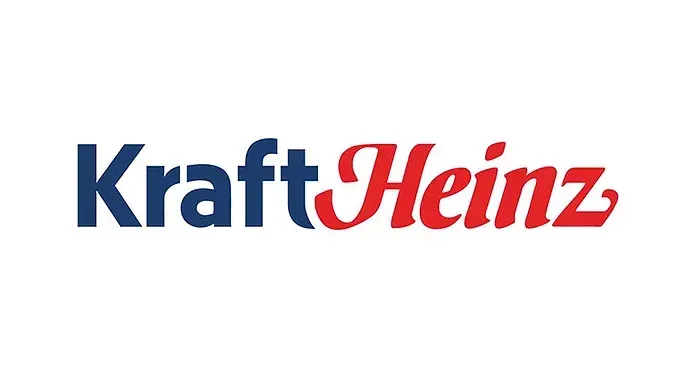NEW YORK — Opill, the first non-prescription birth control pill approved in the United States, is expected to hit store shelves at major retailers and pharmacies nationwide around the end of the month or early April, the pill’s maker, Perrigo, said Monday.

The oral contraceptive was approved by the Food and Drug Administration for over-the-counter sales last July. Known as a “mini-pill,” it contains one hormone, progestin, and is taken daily.
Major medical organizations, including the American Medical Association and the American College of Obstetricians and Gynecologists, have been pushing for years for an over-the-counter birth control pill. Such options are already in more than 100 other countries, according to Free the Pill, an advocacy group.
“We are excited to learn that Opill is now available for shipping and look forward to this over-the-counter contraception soon becoming available for purchase by people in need of oral hormonal birth control,” ACOG President Dr. Verda Hicks said in a statement.
A one-month supply will cost $19.99 and a three-month supply will cost $49.99, Perrigo said in a statement. A six-month supply will be available to purchase online for $89.99. It will be available to preorder as early as this week, the drugmaker said.
Victoria Nichols, project director of Free the Pill, said the availability of the oral birth control pill is a “landmark moment.”
However, Nichols said, “Opill’s suggested retail price will create barriers to access, especially for young people and those working to make ends meet.”
Over-the-counter medications typically aren’t covered by insurance.
Almost half of the 6.1 million pregnancies in the United States each year are unintended, according to the FDA.
Opill’s rollout comes amid a wave of legal battles over women’s reproductive rights following the 2022 Supreme Court Dobbs decision that overturned Roe v. Wade. This spring, the Supreme Court will hear oral arguments in a case that takes aim at policies that have expanded access to mifepristone, the drug most commonly used in medication abortions.







